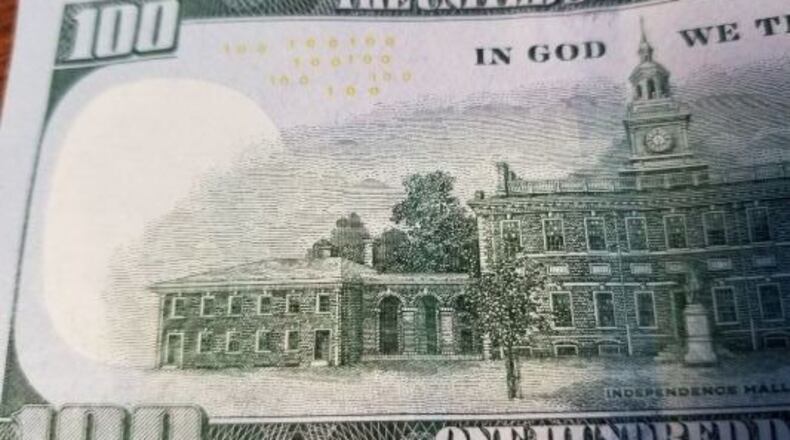As President Donald Trump sent Congress on Monday a $4.7 trillion budget proposal for 2020, the estimates of his own budget experts predict that this spending plan will result in four straight years of deficits exceeding $1 trillion, with no budget surplus until the mid-2030's.
After a deficit of $779 billion in Fiscal Year 2018, the President's new budget plan forecasts four more years of even higher levels of red ink.
2019 - $1.092 trillion
2020 - $1.101 trillion
2021 - $1.068 trillion
2022 - $1.049 trillion
The higher deficit figures come even as the White House projected a growing amount of revenues coming in for Uncle Sam as a result of the 2017 GOP tax cut plan, as officials said the problem is not taxes, but the level of government spending.
'We don't think the tax cuts are going to lead to anything other than economic growth over the next ten years," a senior White House official told reporters on Monday morning.
After revenues were basically flat from 2017 to 2018, the official predicted the feds would see growth of 6 percent in money coming into the Treasury in 2020, as compared to 2019.
Part of the President’s 2020 budget plan would make the GOP tax cut permanent for individuals - the business part of that tax package was permanent, but the income tax cuts and other items impacting individual taxpayers end in 2025.
Still, for the President - and his chief aides - the big problem is spending, not tax revenues, as the White House said the 2020 budget was a ‘fiscally responsible and pro-American budget.’
While GOP supporters of the President like Rep. Jim Jordan (R-OH) touted today’s budget plan - the declaration that the Trump budget will result in a balanced budget won’t be happening anytime soon.
In the next ten years, the 2020 Trump budget estimates that another $7.2 trillion would be added in deficits, pushing the national debt towards the $30 trillion mark.
"Under reasonable economic assumptions, we find it would add about $10.5 trillion to the national debt over 10 years," said the watchdog group, the Committee for a Responsible Federal Budget.
“It's quite an achievement for the President's budget to have fantastical economic assumptions, massive & unprecedented cuts to domestic discretionary spending, and *still* manage to end up with trillion dollar deficits for the next four years,” tweeted Shaki Akabas, an economic expert at the Bipartisan Policy Center in Washington.
About the Author
The Latest
Featured




